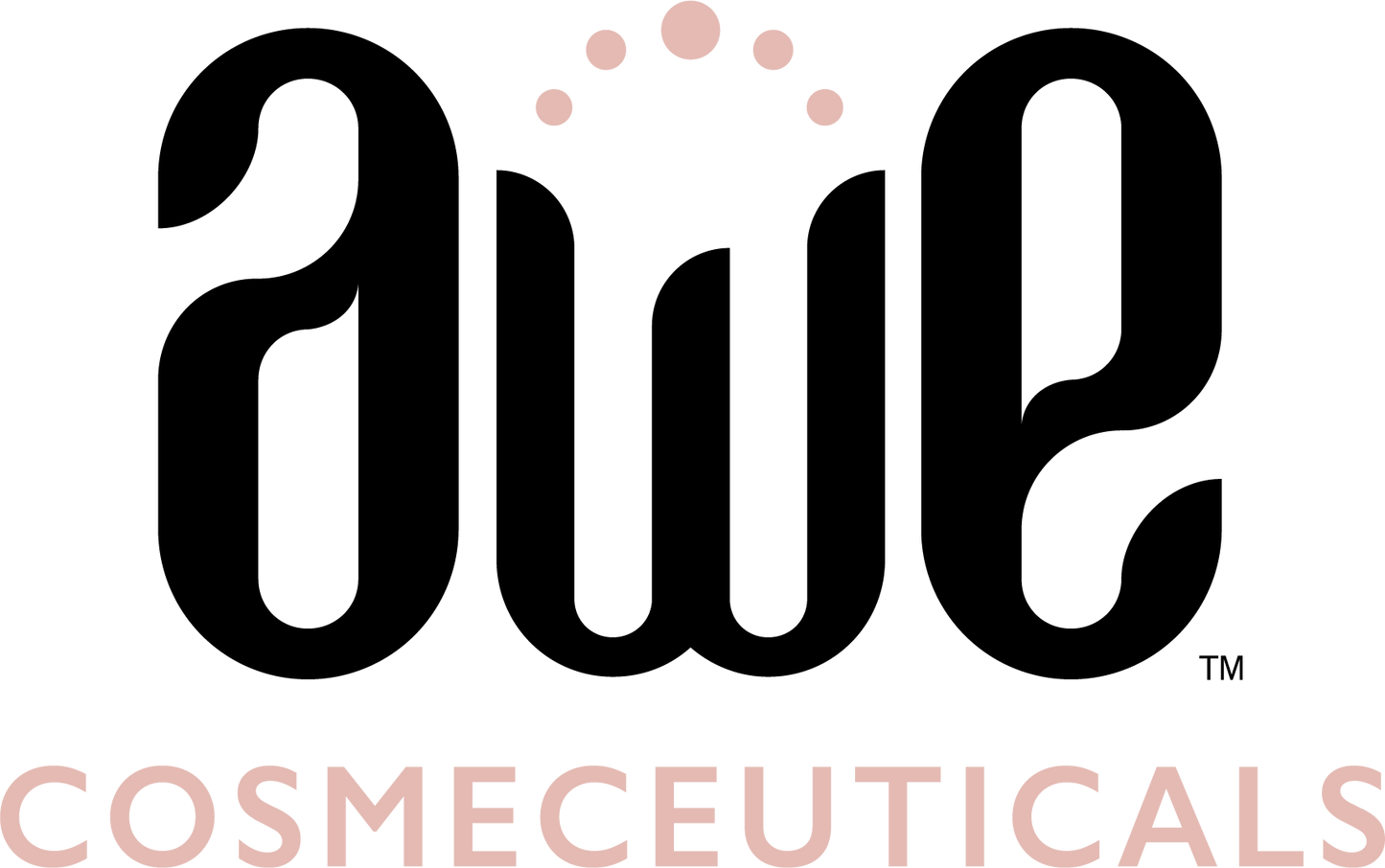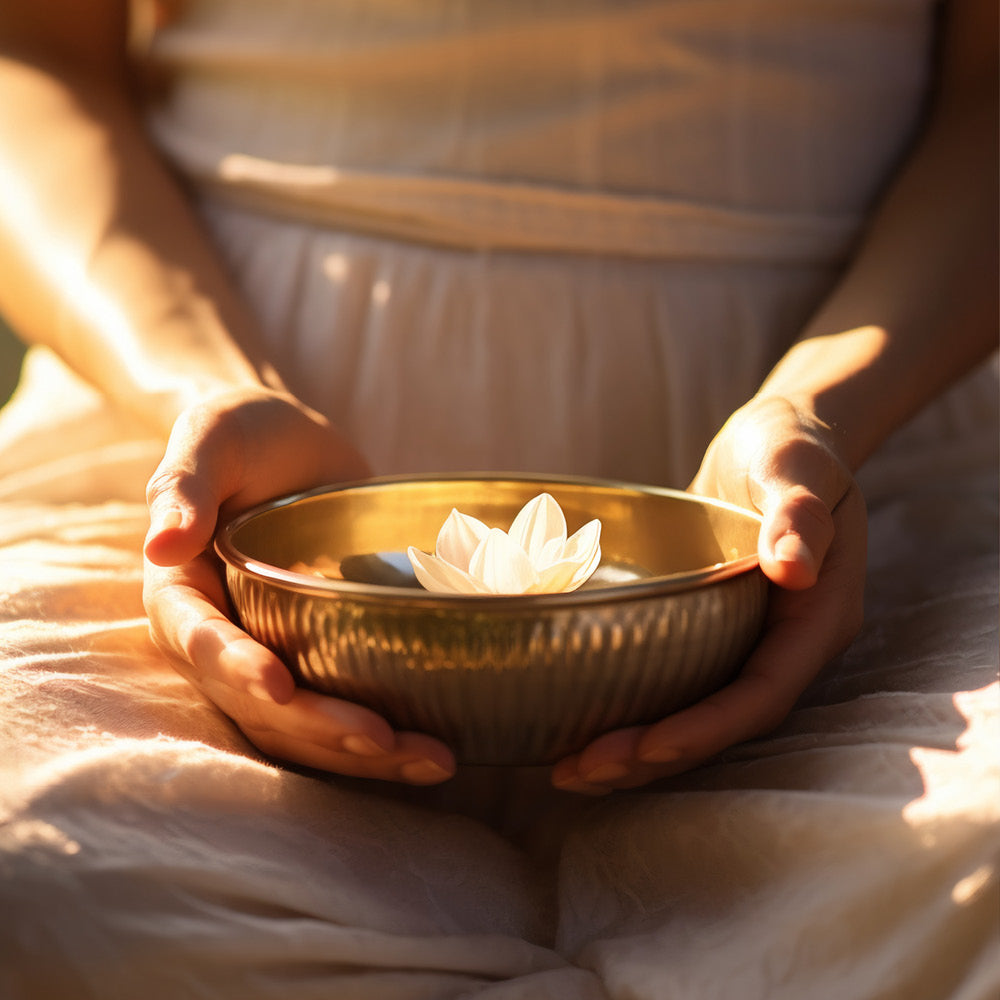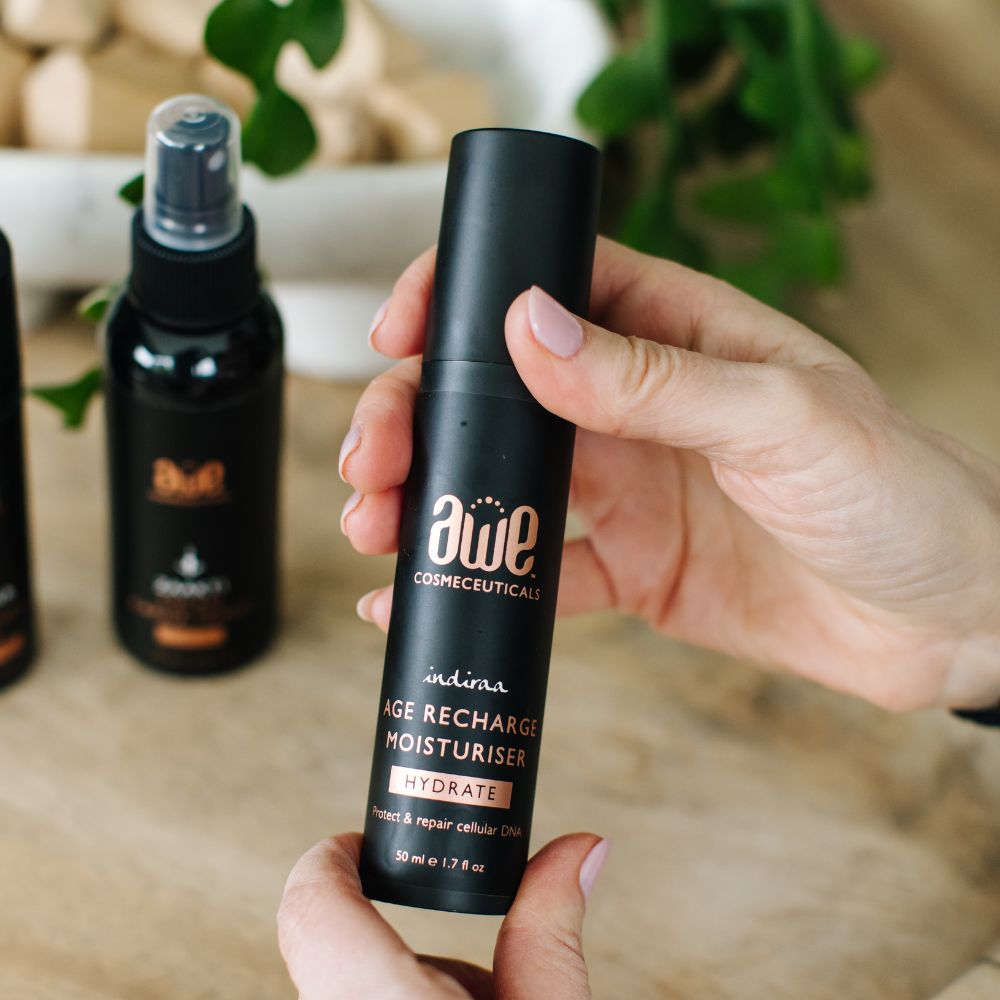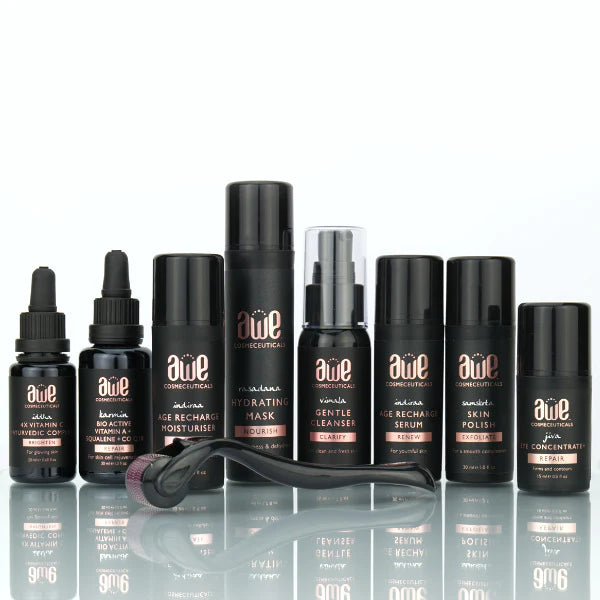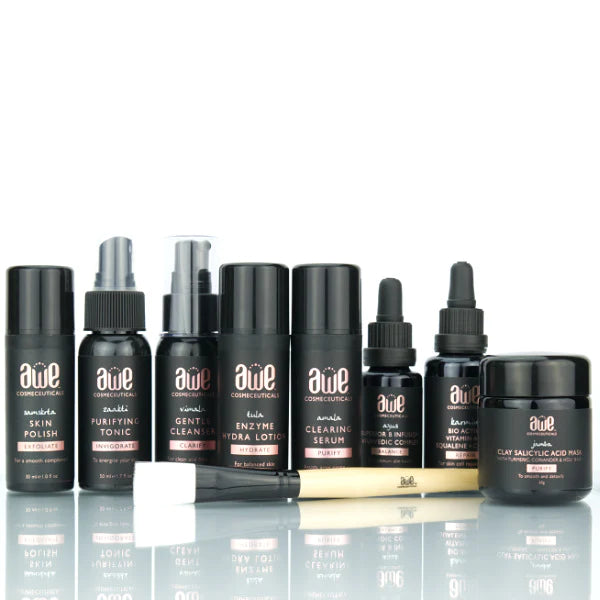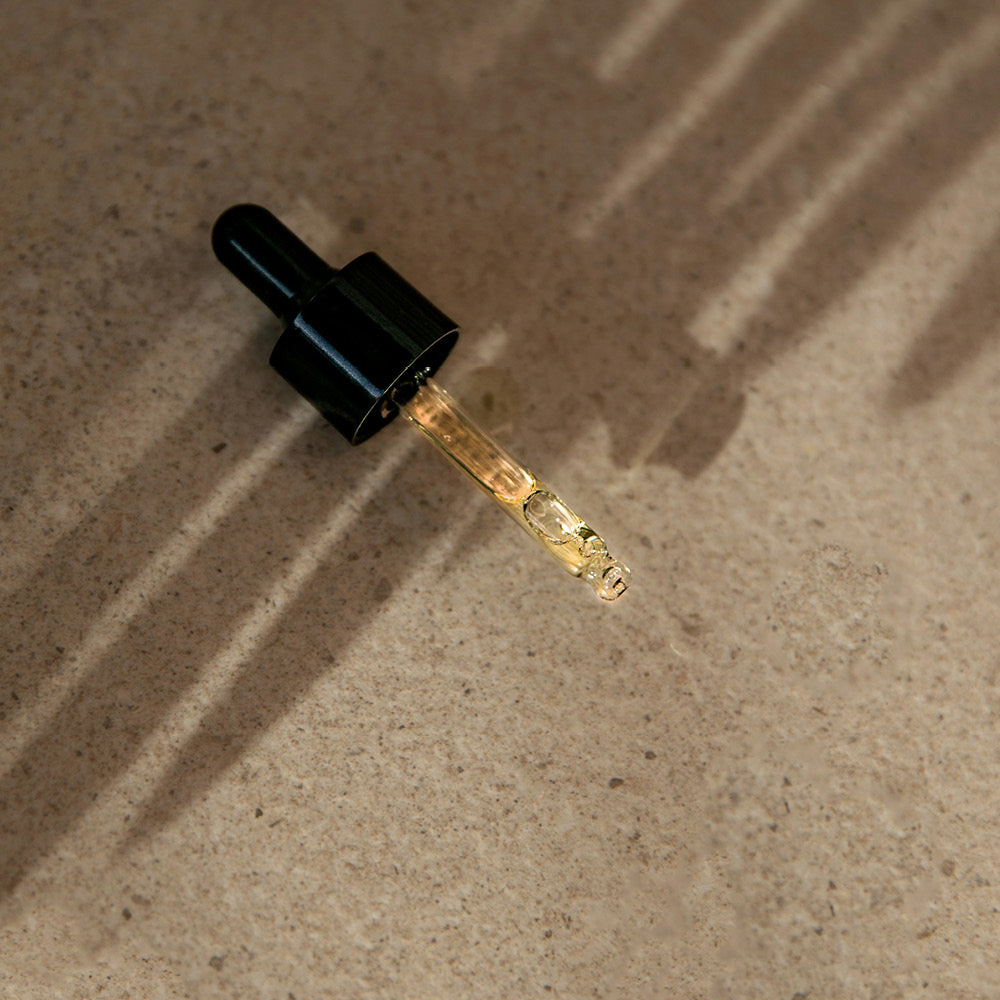This store requires javascript to be enabled for some features to work correctly.
Our skin's ageing process
Ayurveda is the science of life and teaches longevity through daily routines and balancing one’s dosha's with mental, physical and spiritual practices.
Ageing is a normal biological process which effects all living organisms. However, we are now searching for ways not just to improve length of life, but to improve health and minimise the changes associated with growing old, such as ageing skin and age related diseases.
Ageing sees an increase in certain diseases such as cancer, degenerative disorders associated with our senses (diminished sight and hearing), reduction in mental function (memory loss, reduced analytic ability), and of course physical changes such as wrinkles, grey hair, balding and reduced physical stamina.
Ayurveda considers ageing as a natural disease, meaning that it is unavoidable. It occurs in nature over time, however we can age prematurely. Old age (60+ years), is dominated by Vata dosha, and the aggravation of Vata and Pitta dosha's can cause untimely ageing. It is therefore important to retain homeostasis in the body by adhering to daily routines (dinacharya), eat according to your Ayurvedic constitution and avoid unnecessary excesses both dietary and lifestyle choices, which will have a negative impact and accelerate ageing.
According to western medicine there are numerous theories on causes of ageing, one of the most studied is the free radical theory. This theory suggests that free radicals derived from oxygen are responsible for cellular damage associated with ageing. Our cells are constantly under attack of oxidation due to injury, environmental effects, poor dietary choices (fried foods) and smoking.
Free radicals are a normal part of our body and a by product of metabolism, however too many result in oxidative stress which then negatively impacts the cellular DNA. This oxidative stress can play a role in the development of conditions such as inflammatory disease, arthritis and neurological disorders like Alzheimer’s disease.
As result antioxidants have become very significant in foods and in skin care. Essentially the hope is that they can mop up the excess number of free radicals. This sounds promising, however there is much mixed data on this research. Perhaps there is a point where too much damage has occurred, or that the number of free radicals is just too much for the antioxidants to contend with.
That said, some antioxidants have very good results, such as Resveratrol, Vitamin C, Vitamin E and other phytonutrients.
Eastern medicine has always had a wide selection of herbal preparations which claim longevity and have anti-ageing benefits. Many of these medicinal herbs have now been studied to determine what makes them so, you can learn more about these types of herbs in our post on adaptogenic ingredients in Ayurveda.
Ayurveda believes we can minimise the effects of ageing by living an Ayurvedic lifestyle to maintain integrity of the body and its functions.
